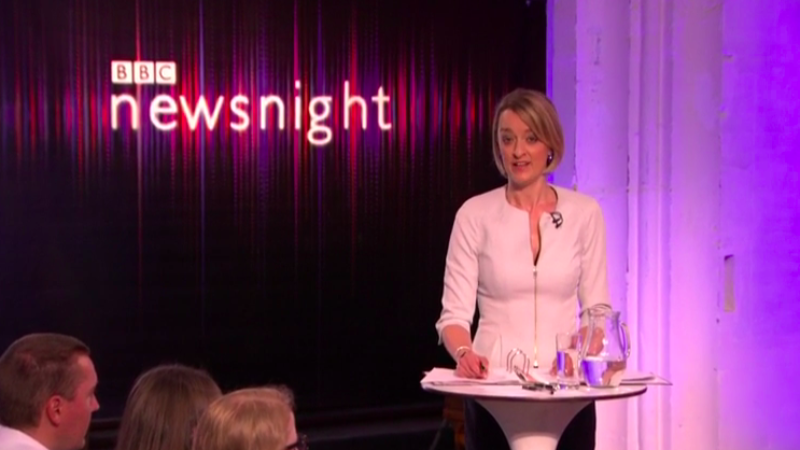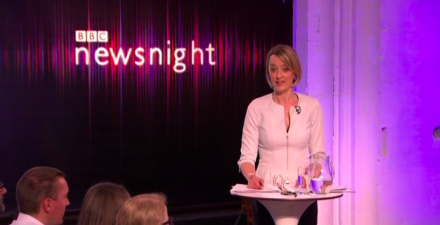

The BBC’s gender pay dispute laid bare, and gave a renewed platform to, what is one of the most prominent issues plaguing our society today: pay inequality. What’s lost in the wake of this case, however, are the ludicrous sums of money being discussed. As deplorable as this blatant sexism is, we are referring to the differences in levels of affluence, not the more pressing issue of whether people can make ends meet or not.
This concern was shared by Jeremy Corbyn, who took to the air shortly after the revelations and reiterated Labour’s pledge to put an end to CEOs pocketing millions each year compared with their workers earning – if they are lucky – the minimum wage. Theresa May welched on promises she made to tackle this ever-growing epidemic, which she last year described as “an irrational, unhealthy and growing gap”, thereby paving the way for Labour to concentrate minds on the government’s inadequacy in this regard and reinvigorate its commitment to creating a more cohesive and equal society.
The gulf in pay between those at the top of a company and those at the bottom is widening. Looking back two decades ago, the top bosses of the FTSE 100 companies earned roughly 50 times that of their average workers. Today, that figure is an astronomical 130 times. When you consider that 60 per cent of families living in poverty have at least one worker, something has surely got to change. In an effort to tackle such injustices, the Labour leader pledged to place a cap on executive salaries in the public sector and government-contracted firms at a ratio of 20:1. Sadly, but not entirely unexpectedly, such a call was met with howls of derision, but why?
This isn’t about punishing the rich, limiting aspiration or penalising success, it’s about offering everyone the opportunity to lead a comfortable life and recognising that success is a collective effort and the rewards should be reaped by all. It is, as former shadow business secretary Clive Lewis said at the beginning of January, “an outrage that, before Christmas trees have even been taken down, chief executives will have already earned more than most people will earn all year”. It’s also a fallacy that those earning the most amount of money work the hardest. It makes sense to believe that reward should be based on effort, but it seems that we now measure “effort” in terms of prestige. How many letters do you have after your name? And what’s your title? It’s difficult to deny that single parents doing two jobs in order to provide for their children are working any less hard than the top executives who are taking home disproportionately large amounts of money.
This increasing wealth gap is not due to lack of effort on the part of workers but to an ever-growing piece of the pie going to those in charge, even while productivity and working hours expand. Capital is rewarded for ownership, not for effort. Similarly, a lack of progress in tackling social mobility has led to dynastic wealth. With two-thirds of British businesses being family-owned and run, there is less and less opportunity for young entrepreneurs, especially those from underprivileged backgrounds, to succeed.
It’s important to note that Labour’s proposal for a 20:1 ratio is not a cap. If, for example, the lowest-paid workers are on the minimum wage, then CEOs can earn in the region of £350,000 a year – a very large amount, given the average salary is £27,000. If they paid their workers the average salary, their own earnings would top £500,000. Both figures are more than any one family needs, and should surely appease even the country’s most financially ambitious.
I believe that Corbyn’s proposal doesn’t in fact go far enough. I understand that such a policy must be phased in, so fully back the Labour leader’s proposals, but it is my hope that we continue to progress as a society until all people from all families are given the opportunity not only to survive but thrive. For too long the country’s rich have continued to prosper while more and more working families can only live to survive. Our inherent altruism must be acted on to improve the lives of everyone.
Niall O’Connor teaches politics and philosophy at a sixth form in Bedford and is a Labour activist




More from LabourList
Government abandons plans to delay 30 local elections in England
‘The cost of living crisis is still Britain’s defining political challenge’
‘Nurses are finally getting the recognition they deserve’